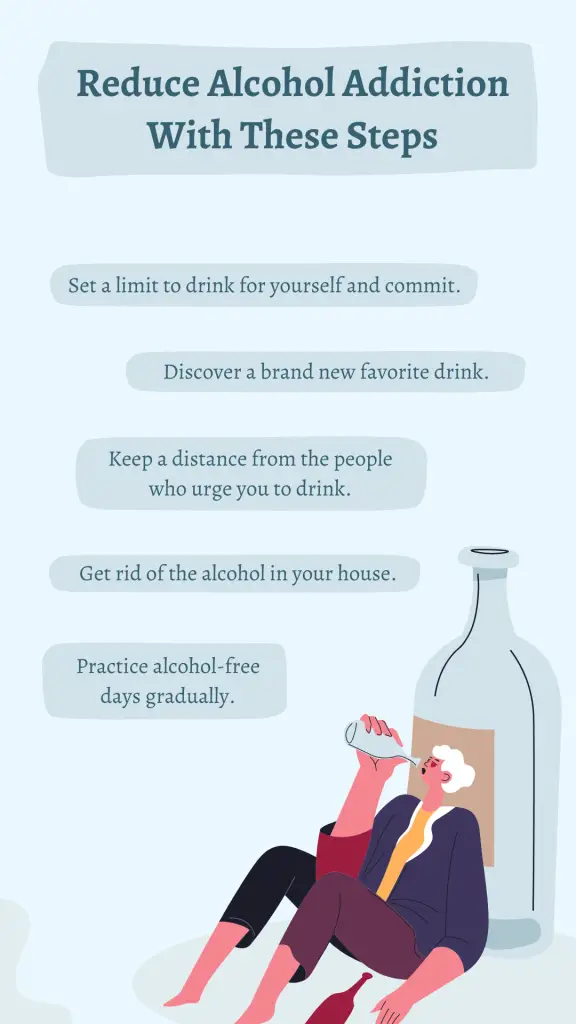Thiamine, also known as vitamin B1, is a vital nutrient that plays a crucial role in our body’s functioning.
It is responsible for converting the food we eat into energy, maintaining a healthy nervous system, and supporting proper muscle function.
However, not getting enough thiamine can lead to thiamine deficiency, causing a range of symptoms and health issues.
In this article, we will delve deeper into the causes and risk factors of thiamine deficiency, explore its symptoms and clinical manifestations, and identify populations at higher risk.
We will also provide essential tips to prevent thiamine deficiency and maintain overall health.

Causes and Risk Factors of Thiamine Deficiency
- Poor Diet: The foundation of preventing thiamine deficiency lies in a well-balanced diet. Unfortunately, many people fail to include thiamine-rich foods in their meals. Whole grains like brown rice and wheat, nuts, seeds, legumes (beans, lentils, peas), and lean meats are excellent sources of thiamine. When these foods are lacking in the diet, it can lead to a deficiency.
- Alcohol Abuse: Excessive alcohol consumption can significantly impact thiamine levels in the body. Alcohol interferes with thiamine absorption and can also reduce its storage in the liver. Furthermore, alcoholics may develop poor eating habits, making it even harder to meet their thiamine requirements.
- Medical Conditions: Certain health conditions can disrupt the body’s ability to absorb and utilize thiamine effectively. For instance, gastrointestinal disorders like Crohn’s disease or persistent vomiting can hinder thiamine absorption from the food we eat, leading to deficiency.
See Related Articles
How to Prevent Beriberi in Pregnancy

Symptoms and Clinical Manifestations of Thiamine Deficiency:
Thiamine deficiency can manifest in various ways, and its symptoms can range from mild to severe. It is crucial to recognize these signs early on to prevent complications. Here are the common symptoms of thiamine deficiency:
- Fatigue and Weakness: Feeling tired and weak even with sufficient rest and sleep is a hallmark symptom of thiamine deficiency. This occurs due to the inadequate production of energy in the body.
- Confusion and Memory Problems: Thiamine is essential for proper brain function. When deficient, individuals may experience confusion, difficulty concentrating, and memory issues.
- Nerve Issues: Numbness, tingling, or burning sensations in the hands and feet can occur as a result of nerve damage caused by thiamine deficiency.
- Muscle Weakness: Thiamine deficiency can affect muscle health, leading to muscle weakness, cramps, and general discomfort.
- Beriberi: In severe cases, prolonged thiamine deficiency can lead to a condition called beriberi. There are two main types of beriberi: wet beriberi, which affects the cardiovascular system causing symptoms like shortness of breath and irregular heartbeats, and dry beriberi, which affects the nervous system and causes difficulty walking and loss of muscle function.

Populations at Higher Risk of Developing Thiamine Deficiency:
- People with Alcohol Addiction: Heavy alcohol drinkers are particularly vulnerable to thiamine deficiency due to both reduced absorption and an unhealthy diet.
- Older Adults: As we age, our bodies may become less efficient at absorbing and utilizing nutrients, including thiamine.
- Those with Poor Diets: Individuals who rely heavily on processed and fast foods while neglecting nutrient-rich options are at risk of developing thiamine deficiency.
- Individuals with Digestive Disorders: Gastrointestinal conditions that interfere with nutrient absorption can compromise thiamine uptake.
- Pregnant and Breastfeeding Women: During pregnancy and lactation, women’s thiamine needs increase, and if their diets are inadequate, deficiency may occur.
Thiamine Deficiency: The Importance of Vitamin B1 and How to Prevent It
Here are some prevention tips and essential advice to maintain healthy thiamine levels:
- Eat a Balanced Diet: The best way to prevent thiamine deficiency is to have a well-balanced diet that includes a variety of nutrient-rich foods. Make sure to incorporate foods high in thiamine, such as whole grains (brown rice, whole wheat), nuts, seeds, legumes (beans, lentils, peas), lean meats, and fish.
- Limit Alcohol Consumption: If you consume alcohol, try to do so in moderation. Heavy alcohol consumption can negatively impact thiamine levels in the body, so it’s essential to be mindful of your alcohol intake.
- Choose Nutrient-Rich Snacks: Instead of reaching for sugary or processed snacks, opt for healthier choices that provide essential nutrients, including thiamine. Snack on fruits, nuts, or whole-grain crackers to keep your thiamine levels in check.
- Avoid Fad Diets: Be cautious of extreme diets that restrict certain food groups or heavily rely on supplements. These diets may lead to inadequate thiamine intake and other nutrient deficiencies.

- Cook with Whole Foods: When preparing meals, try to use whole, unprocessed ingredients as much as possible. Processed foods often have reduced nutrient content, including thiamine.
- Consider Thiamine Supplements if Necessary: If you have specific health conditions or lifestyle factors that put you at risk of thiamine deficiency, talk to a healthcare professional about the possibility of taking thiamine supplements. However, always consult with a healthcare provider before starting any supplementation.
- Seek Medical Advice: If you experience symptoms like unexplained fatigue, confusion, or tingling sensations, don’t hesitate to seek medical advice. Early diagnosis and treatment can prevent complications related to thiamine deficiency.
- Pregnant and Breastfeeding Women: If you are pregnant or breastfeeding, be extra mindful of your thiamine intake, as your requirements are higher during these times. Include thiamine-rich foods in your diet and, if needed, consult a healthcare professional for guidance.
- Read Food Labels: When purchasing packaged foods, read the nutrition labels to check for thiamine content. Look for products that provide a good amount of this essential vitamin.
- Educate Yourself: Knowledge is power! Learn about thiamine-rich foods and the importance of a balanced diet. Understanding the significance of thiamine will motivate you to make healthier choices for your well-being.
Conclusion:
Maintaining adequate thiamine levels is essential for overall health and well-being.
By following a balanced diet, limiting alcohol consumption, and being aware of your thiamine intake, you can easily prevent thiamine deficiency.
Remember, small changes in your diet and lifestyle can make a big difference in ensuring your body gets the thiamine it needs to function optimally.
Prioritize your nutrition and take care of yourself for a healthier and happier life!
Conclusion:
Thiamine deficiency is a serious health concern that can have far-reaching consequences on overall well-being.
By understanding the causes, symptoms, and risk factors of thiamine deficiency, we can take proactive steps to prevent it.
Emphasizing a balanced diet, limiting alcohol intake, and seeking medical advice when needed can go a long way in ensuring our bodies receive the essential thiamine they require to function optimally.
Remember, taking care of your nutritional needs is vital for maintaining good health and vitality.

